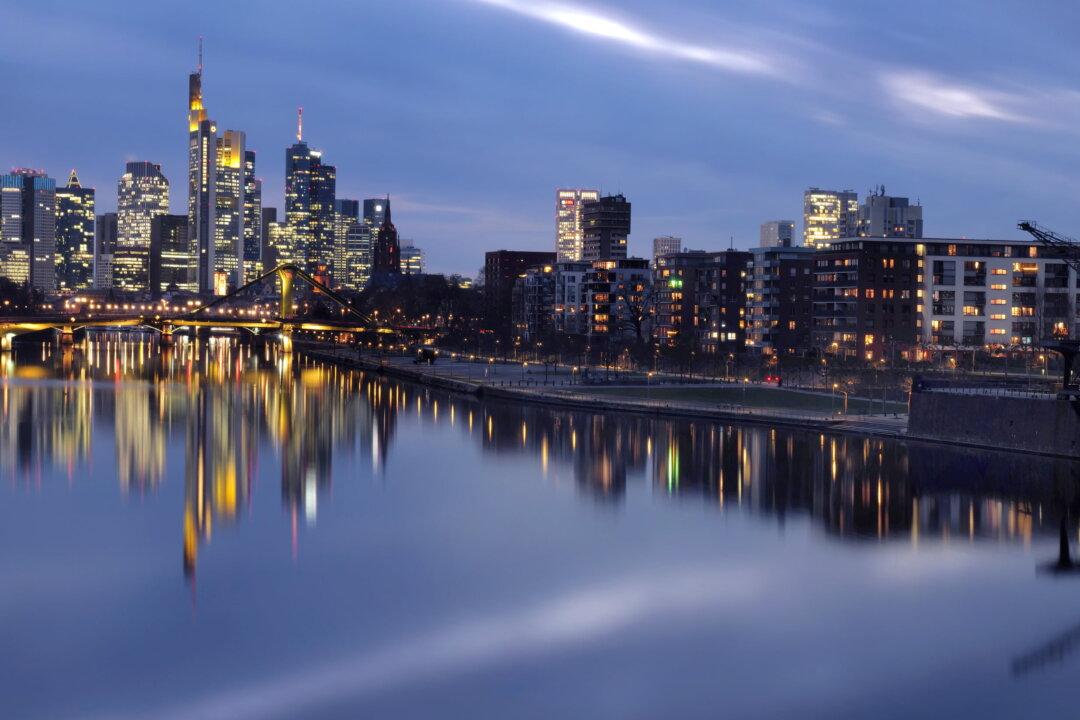BERLIN—German business morale in August fell to its lowest reading since June 2020 amid high uncertainty due to the Ukraine war, the resulting energy crisis, and fears of an economic downturn in the third quarter, a survey said on Thursday.
The Ifo institute’s closely watched business climate index fell for a third consecutive month but less than expected to 88.5, from an upwardly revised reading of 88.7 in July. A Reuters poll of analysts had pointed to an August reading of 86.8.





